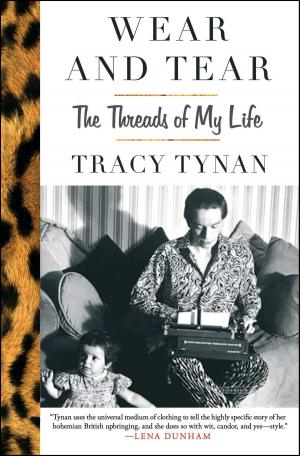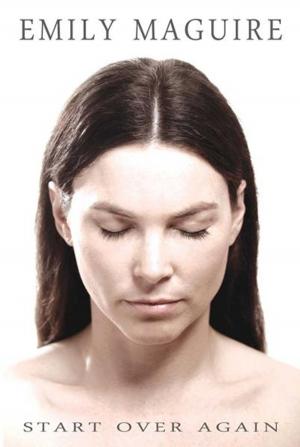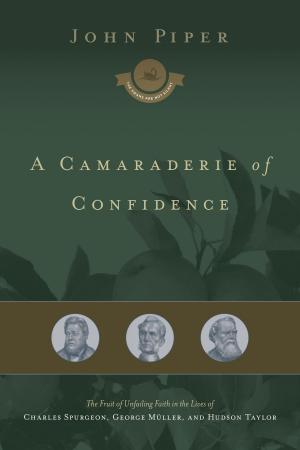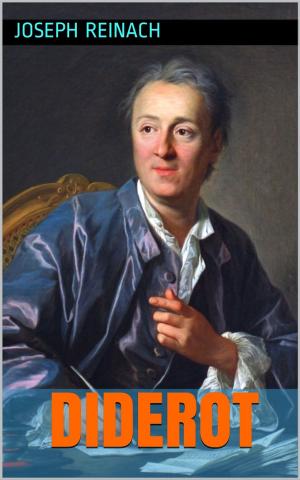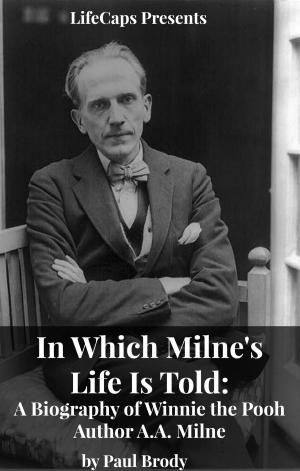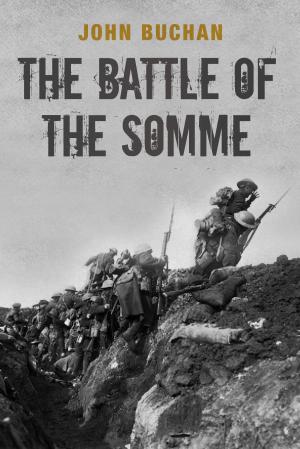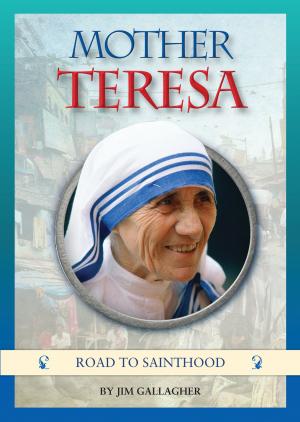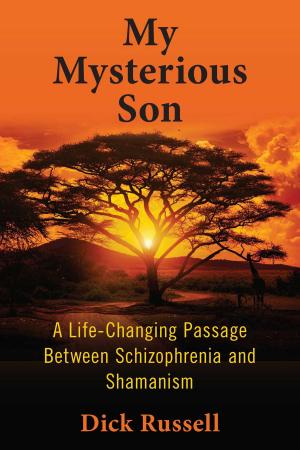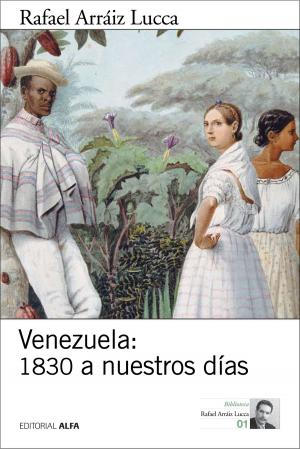| Author: | Paige Adams Strickland | ISBN: | 9780989948807 |
| Publisher: | Idealized Apps, LLC | Publication: | September 23, 2013 |
| Imprint: | Language: | English |
| Author: | Paige Adams Strickland |
| ISBN: | 9780989948807 |
| Publisher: | Idealized Apps, LLC |
| Publication: | September 23, 2013 |
| Imprint: | |
| Language: | English |
In 1961, adoption was still one of those private and taboo topics. Not much identifying information was provided for adoptive families or for birth parents by the agencies. In Ohio, records were sealed forever. Adoptees and birth mothers were supposed to be thankful for the adoptive family and never look back. Adoptive parents thought their deal was signed and sealed. As a child and teenager, growing up adopted was like a Scarlet Letter "A" if anyone ever found out the truth. At least, that's the way author, Paige Strickland felt as she muddled through social situations and other interpersonal relations. She always loved her adoptive family, but realized she wanted not just more, but what other "regular born" people had: real roots, accurate health history and authentic family lore. She wanted freedom from shame, more dignity, authenticity and a full identity. Then, through random chance, a local TV talk show in 1987 revealed that certain records were open if you were born before 1964 in the state of Ohio, and the author's life would never be the same after that program. During her quest, (pre computer), for her identity, her adoptive father struggled with his own self image and sense of belonging, so both father and daughter embarked on separate and unique parallel missions to find what was missing in their lives. This is the story of how being adopted affected Paige growing up in the 1960s, 70s and early 80s. It shows how one adoptee has embraced and learned to view family more globally. She tells the saga of a loving but dysfunctional family of both blood and choice, trying to cope with typical and not so typical life alterations during the decades of social revolution and free love. She learns that the most fascinating family stories are discovered by those passionate enough to question and search.
In 1961, adoption was still one of those private and taboo topics. Not much identifying information was provided for adoptive families or for birth parents by the agencies. In Ohio, records were sealed forever. Adoptees and birth mothers were supposed to be thankful for the adoptive family and never look back. Adoptive parents thought their deal was signed and sealed. As a child and teenager, growing up adopted was like a Scarlet Letter "A" if anyone ever found out the truth. At least, that's the way author, Paige Strickland felt as she muddled through social situations and other interpersonal relations. She always loved her adoptive family, but realized she wanted not just more, but what other "regular born" people had: real roots, accurate health history and authentic family lore. She wanted freedom from shame, more dignity, authenticity and a full identity. Then, through random chance, a local TV talk show in 1987 revealed that certain records were open if you were born before 1964 in the state of Ohio, and the author's life would never be the same after that program. During her quest, (pre computer), for her identity, her adoptive father struggled with his own self image and sense of belonging, so both father and daughter embarked on separate and unique parallel missions to find what was missing in their lives. This is the story of how being adopted affected Paige growing up in the 1960s, 70s and early 80s. It shows how one adoptee has embraced and learned to view family more globally. She tells the saga of a loving but dysfunctional family of both blood and choice, trying to cope with typical and not so typical life alterations during the decades of social revolution and free love. She learns that the most fascinating family stories are discovered by those passionate enough to question and search.

